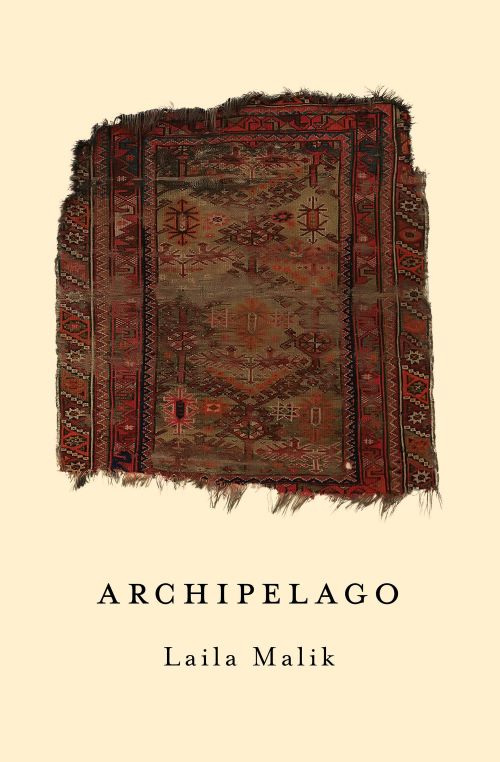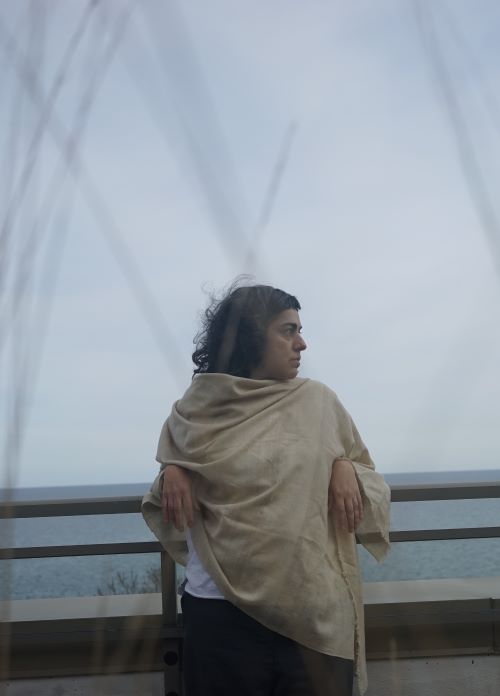Poetry, Antidote to Petroleum Economies
There is this word, expatriate.
Technically, it means a person who is banished, withdraws, or is exiled from their land. In many parts of the world, it is used carelessly, shorthand for a person with privilege who is separate from the locals of the land in which they reside. Separate from the local. Separate from the land.
In the petroleum economies of al Khaleej (as elsewhere), there exist micro-universes of so-called expats, a blossoming confusion of recent arrivals and longstanding, multi-generational clans, the newly affluent and then those others who live at the porous boundaries of the less desirable micro-universe of outsiders, migrant workers.
There are children in these micro-universes of outsiders.
Without falling prey to xenophobic and nationalist tropes about the menace of foreigners, it is possible to gently observe that by and large, we–those children–come of age in strategically manufactured environments designed to alienate us from the land and its ancestral geologics. At best, our experience of al Khaleej is mediated through a culture of commerce, artifice and extraction, whether of labour or of hydrocarbons. It shapes us even as it blinds us. And the inclination, for we who eventually move oceans to Turtle Island or elsewhere, is to replicate those extractive ways of experiencing the world, divorced from the land and in a constant state of witlessly or willfully continuing to perpetrate or participate in the devastation. We are trained to know ourselves as separate, to continue to separate ourselves.
But even the most synthetic of existences can be broken down to their basic carbon parts. Indigenous knowledge keepers on Turtle Island teach us of the interconnectedness of lands, waters, and all living things, of the ways they sustain us and provide us with everything we need and of our responsibilities to look after them. We risk everything in ignoring these teachings.
Since humans have uttered words, poetry has been powerful enough to plant seeds that germinate into new epochs. The earth is fertile with the bloodsoil of poets slain for sedition since antiquity, even as the natural world has always been our immanent lifesource. For those of us who came into consciousness as tumbleweeds and interlopers in the deserts of al Khaleej in the petroleum era, repatriating ourselves to the land, turning to poetry to understand who we were, and who we must become is beyond urgent.
It is the ultimate mercy.




